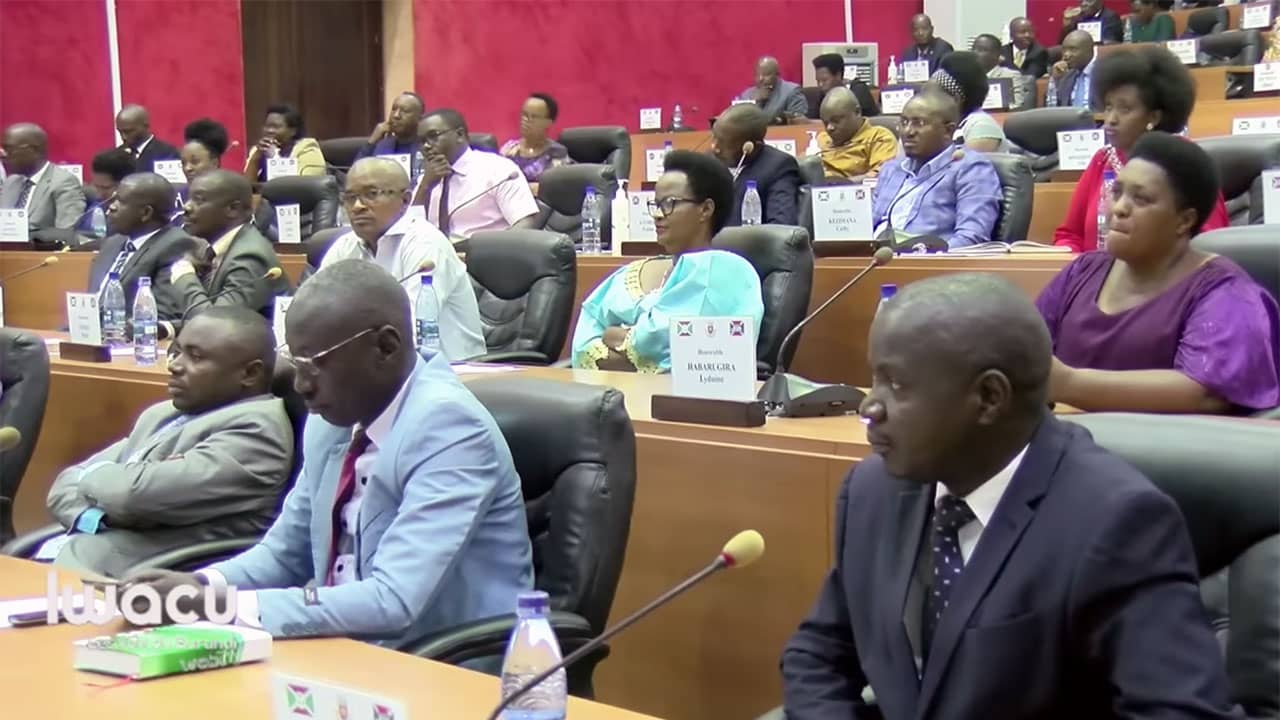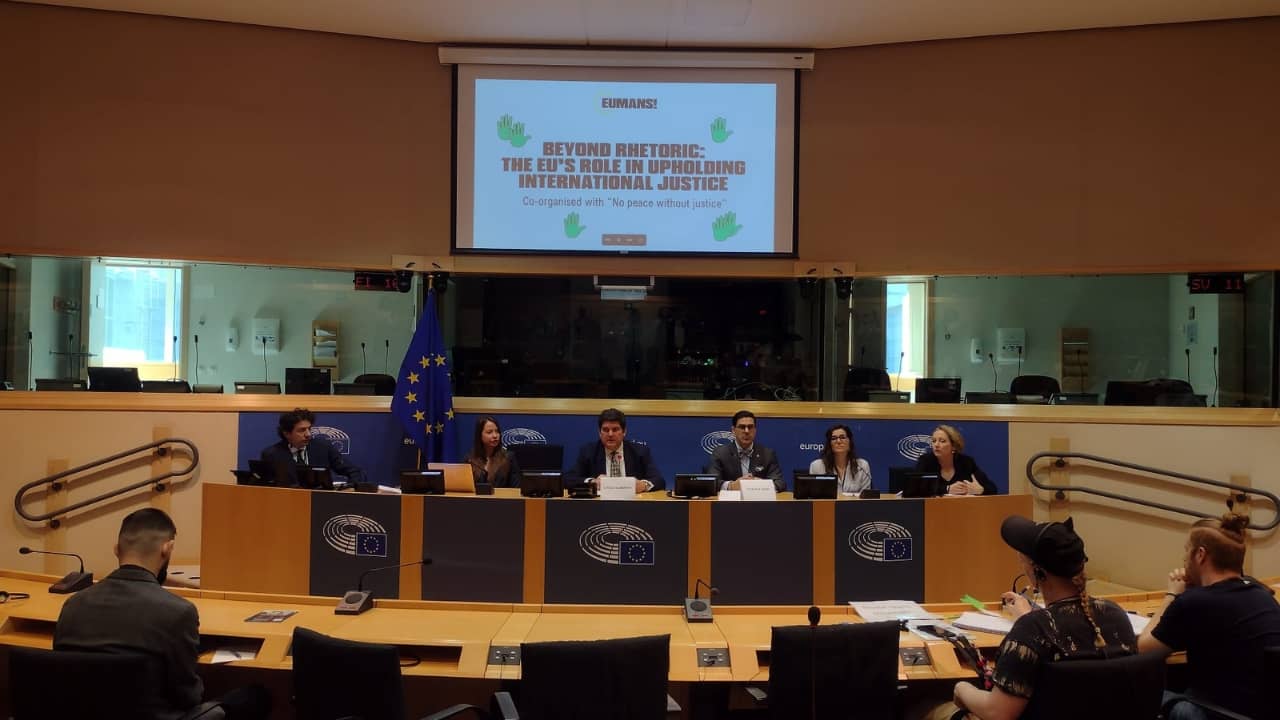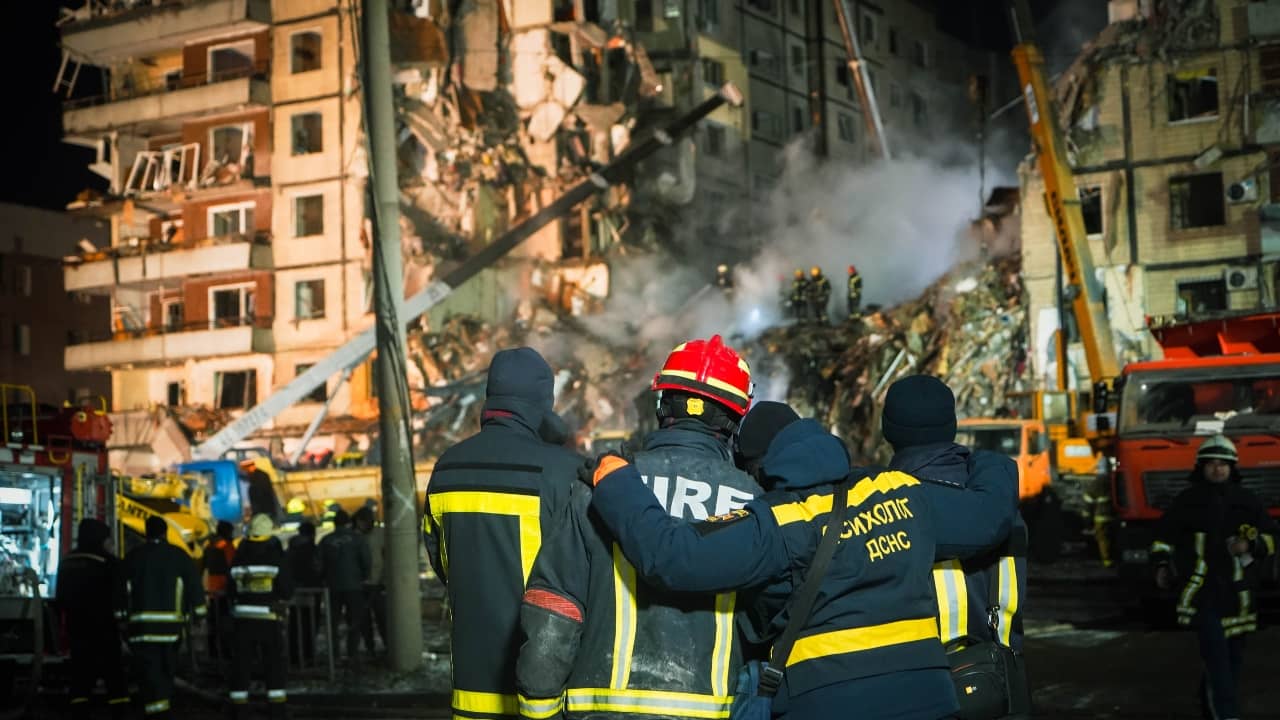
Yesterday, on 12 October 2016, the National Assembly and the Senate of the Republic of Burundi voted massively in favor of the country withdrawing from the Rome Statute of the International Criminal Court (ICC). This follows a decision made by the government during its Council of Ministers on 6 October, as well as the decision to suspend all cooperation with the Office of the United Nations High Commissioner for Human Rights. The latter has recently released a report condemning grave human rights violations on the part of the Burundian authorities.
The law acting the withdrawal from the ICC will still need to be promulgated by the President Pierre Nkurunziza. Once the withdrawal has been made official and notified to the Secretary General of the United Nations, Article 127 of the Rome Statute still provides that it only takes effect at the earliest one year after the notification.
Withdrawal not being retroactive, the ICC maintains its jurisdiction over international crimes that have already been committed on the territory of Burundi and/or by Burundian nationals or that will be committed until the withdrawal takes effect.
PGA Members from across the African continent have shared their deepest concerns regarding this terrible decision adopted by their peers in Burundi.
Hon. Fabien Banciryanino, member of the National Assembly of Burundi, is one of the two MPs who voted against the withdrawal. He stressed that:
As a representative of the Burundian people, my mission is to defend its interests and its rights. This is why I begged my peers in Parliament not to vote to withdraw from the Rome Statute, which had no other goal than to ensure impunity for those who are mistreating Burundians.
I am today horrified to see Burundi take this dangerous path and I can only call on Burundian citizens and the international community to make sure that human rights are respected for all. Hon. Fabien Banciryanino,
member of the National Assembly of Burundi
As Malian parliamentarians and nationals, we know very well how impunity for grave human rights violations impacts a society and a people. We are shocked to see the government and our peers in the Burundian Parliament decide to actively support impunity and take the decision to withdraw from the Rome Statute.
Burundi is already under preliminary examination from the Office of the Prosecutor of the International Criminal Court. Withdrawing from the Rome Statute will not have any effect on this process: those committing international crimes will not escape justice.
It is the mission of parliamentarians of all countries to be a safeguard against abuses from the executive power and to ensure that all citizens can freely enjoy their rights and are protected against exactions. Hon. Idrissa Sankaré, member of the National Assembly of Mali, Member of PGA and Chairman of the Network of Malian MPs for the Defence of Human Rights,
and Hon. Aissata Touré Diallo, member of the National Assembly of Mali, Chairwoman of the Committee on Foreign Affairs, Member of PGA and Member of the Network of Women MPs of Mali>
Hon. Dieudonné Upira Sunguma Kamgimbi, Member of the National Assembly of the Democratic Republic of Congo and Chairman of PGA’s National Group, agreed with this sentiment:
The Members of PGA in Democratic Republic of Congo are all deeply worried by the abuses committed in Burundi – our neighbor – and by the decision of our counterparts there that chose chaos and impunity rather than law and justice.
The withdrawal from the Rome Statute, even if it is made official, will not be in any shape or form be a license to kill and torture. The human rights of our Burundian brothers and sisters must be respected. I can only regret that parliamentarians, who represent the people, would choose to go against the rule of law and respect for human rights. Hon. Dieudonné Upira Sunguma Kamgimbi,
Member of the National Assembly of the Democratic Republic of Congo and Chairman of PGA’s National Group
I am outraged by the decision made by the Burundian government and how my fellow parliamentarians voted in favor the withdrawal from the Rome Statute.
Togo is not a State Party but as a representative of the people I am determined to do everything in my power to make sure that my fellow citizens can enjoy the protections and the judicial avenue offered by the International Criminal Court. This is why we are holding a seminar of the Working Group on the fight against impunity in Francophone Africa in Lomé on 10 and 11 November 2016.
There is a sad and sharp contrast between our efforts to promote justice and the Burundian Parliament’s vote in favor of impunity for authors of international crimes. I can only call on my Burundian colleagues to reconsider and stand for human rights for all. Hon. Jean-Joël Kissi, Member of the National Assembly of Togo,
Chairman of the Committee on Foreign Affairs and Member of PGA
Hon. Théophile Yombombé, Member of the National Assembly of Chad, declared for his part that:
The Burundian MPs’ decision to vote for the withdrawal of their country from the Rome Statute is hazardous. It is an unprecedented step backward: withdrawing from an international treaty of protection of human rights is always a defeat but it is even more the case when it is the first convention creating a universal permanent criminal jurisdiction tasked with prosecuting the most serious crimes.
I think it is important that the Burundian authorities understand the risks they are taking and that the mass atrocities committed in the country will not remain unpunished.
Whether it is the International Criminal Court or another court, history will catch up on them, as it did for Hissène Habré. The members of the National Assembly and the Senate of Burundi must represent their people and choose the rule of law and justice. Hon. Théophile Yombombé,
Member of the National Assembly of Chad
Hon. Abdu Katuntu, Member of the Parliament of Uganda, Shadow Attorney General and PGA Member, added that:
Ugandan parliamentarians are deeply concerned by the decision taken by their Honourable colleagues in Burundi. When a country faces a crisis such as Burundi does, it should move forward to protect human rights and promote justice, not backwards. This decision from the Parliament to deny the Rome Statute and encourage impunity is plainly wrong. This will not block the preliminary examination of the Prosecutor, nor will it ensure impunity to authors of international crimes: it is only a bad omen for the rule of law and the rights of Burundian citizens. Hon. Abdu Katuntu, Member of the Parliament of Uganda,
Shadow Attorney General and PGA Member
Hon. Bernadette Lahai, Member of the Parliament of Sierra Leone and PGA Member, considered that:
I have been troubled to learn that the Parliament of Burundi had voted in favour of the country withdrawing from the Rome Statute of the International Criminal Court. It is particularly disturbing that this development coincides with a time when the ICC is conducting a preliminary examination of the situation in Burundi. Indeed, this initiative may have been conceived solely with the purpose of thwarting and undermining this preliminary investigation.
It is to be recalled that the preliminary investigation of the ICC relates to allegations that more than 430 persons have been reportedly killed, at least 3,400 people arrested and over 230,000 Burundians forced to seek refuge in neighbouring countries in the past 18 months. The Rome Statute continues - to this day - to represent the best hope for justice for victims everywhere, including here in Africa, of war crimes, crimes against humanity and genocide. A testimony of this fact is that a number of our own Governments in Africa have specifically referred national situations to the ICC over the past 15 years.
I therefore urge, with the greatest respect, my brothers and sisters in the National Assembly of Burundi to step back from this ill-conceived initiative which will only serve to gravely tarnish the image of Burundi and may well jeopardize the only true path to justice for those allegedly victimized in the recent civil unrest in Burundi. Hon. Bernadette Lahai,
Member of the Parliament of Sierra Leone and PGA Member




